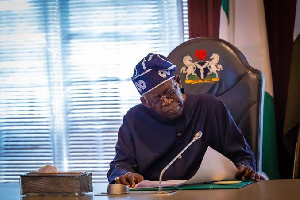President Bola Tinubu has approved the payment of N2.8tn to power generation companies as the Federal Government’s verified liability for accumulated electricity subsidies dating back to 2010, The PUNCH reports.
This was as he rejected the N6tn claim submitted by the operators and insisted he will not pay a naira beyond the audited figure, highly placed officials in the Presidency and the Federal Ministry of Power with direct knowledge of the negotiations told our correspondent on Sunday.
The approval followed months of negotiations and a tripartite audit involving the Ministry of Finance, the Nigerian Bulk Electricity Trading Plc, and the generation companies themselves. It also comes days after the Nigeria Labour Congress accused the GenCos of attempting what it called a “heist” of the national treasury.
The GenCos had demanded N6tn and proposed N3tn in the federal bailout. But multiple Presidency and power ministry sources who spoke on condition of anonymity due to the lack of authorisation to speak on the matter, told The PUNCH that the President had demanded a thorough audit of the operators’ claims before committing public funds, likening the initial submissions to the inflated documentation that characterised the fuel subsidy regime.
“The GenCos came here last August to meet the President, pleading that legacy debt doesn’t make them shut down. They said that legacy debt since 2010 is up to N6tn. Now, the President told them, ‘That is your claim. You said the government owes you this much, but I’m not going to pay N6tn just because you said the government owes you.
“We are going to audit. How did you arrive at that amount in your invoices?’ It’s just like the fuel subsidy.
Everybody was just bringing fake documents just to make money off of the government,” one of the sources said.
According to the source, the GenCos had initially presented a claim of N4tn during the August meeting with the President, but were sent back to subject their figures to further scrutiny through the tripartite committee. “They were claiming N4tn in that meeting. Then he said they should go and do a further audit. However, the Federal Government is going to raise money and issue a bond to pay them,” the source said.
The official added that while the audit was ongoing, the Federal Government in January raised N501bn through a bond issued under the Presidential Power Sector Debt Reduction Programme, which recorded full subscription from pension funds, banks, and asset managers.
“But, you know, as a measure of good faith, the President said while they were doing the audit, the Federal Government is going to raise money and issue a bond to pay them. The first part of the bond that was raised was N501bn in January, which has been disbursed.
“The President said, ‘We are going to raise bonds to pay you. But the only thing now is that we have not agreed on the amount, but I know that whatever it is, it will be more than N2tn. But on account still take N501bn.
“What that means is, you said I’m owing you N1,000. I said, no, I’m owing you N600. But I’m saying, okay, to show that I’m willing to pay, while we are still negotiating whether it is N500 or N700 or N800, take N100. That is the whole idea of the N501bn,” the source explained.
The official revealed that with the audit now concluded, the verified liability stands at N2.8tn, less than half of the GenCos’ claim of N6.6tn, which the Chief Executive Officer of the Association of Power Generation Companies, Dr Joy Ogaji, disclosed in a television interview last week, warning that the debt was growing by roughly N200bn monthly.
“Now, the President has approved an amount. The audit has shown that it is N2.8tn, and it has been brought to the President for approval, and the President has approved it. And then he said he is not going to pay one naira more than that. So that is what the Federal Government is accepting as liability,” the source said.
The power sector debt crisis dates back to the 2013 privatisation of electricity assets, when generation and distribution companies were sold for approximately N400bn. Since then, a combination of government-regulated tariffs that do not cover the full cost of generation, chronic liquidity shortfalls in the electricity market, and foreign exchange constraints has kept operators in a cycle of unpaid invoices.
An analysis by The PUNCH revealed that the accumulated debt, classified as an electricity subsidy, grew steadily as the gap between what consumers paid and what it cost to generate and deliver power widened. On April 3, 2024, the FG removed subsidies for Band A customers only, increasing rates to N225/kWh while Band B-E remained subsidised at the time.
It said the enforcement of differing tariffs for Band A and Band B users was meant to reduce the monthly subsidy burden, which at one point neared N500bn, and has since cut it by roughly half. On January 27, 2026, the FG said it raised a N501bn bond issued under the Presidential Power Sector Debt Reduction Programme.
Five generation companies signed settlement agreements with NBET, with a total negotiated value of N827.16bn to be paid in four phased instalments. They include First Independent Power Limited, Geregu Power Plc, Ibom Power Company Limited, Mabon Limited, and Niger Delta Power Holding Company Limited.
The NLC had fiercely opposed any large-scale payment to the operators, describing the privatisation as “a grand deception and a well-orchestrated robbery of the Nigerian people” and questioning why companies that acquired national assets for N400bn should receive trillions in government support after failing to significantly improve generation capacity, which still fluctuates between 2,000 and 5,000 megawatts.
Pay gas suppliers
Giving further details, another source within the Presidency familiar with the arrangement said Tinubu had attached conditions to the disbursement, directing that a significant portion of the payment be ring-fenced to settle the GenCos’ own outstanding debts to gas suppliers.
The official said the condition was to address the gas supply challenge, which has been a key factor in the recurring collapse of the national grid.
According to the source, the GenCos have long blamed their inability to maintain stable generation on unpaid gas bills, arguing that suppliers cut off deliveries when payments are not forthcoming, causing power plants to go offline and generation to dip below the minimum threshold required to keep the grid stable.
“The President is now saying this N2.8tn that I’m going to pay you, we’re not just going to pay you like that. He will tie them to percentages. ‘How much are you owing your gas supplier? Because I don’t want to pay you, and you divert the money to buy the next private jet and still return to say gas supply is low.’
“Government is going to mandate them on the amount of that money that they’re going to use to pay their gas supplier. So that they don’t come back and say you are still owing gas suppliers. Don’t forget that part of the audit has identified how much they are owing their gas suppliers,” the source explained.
Meanwhile, a third source in the power ministry disclosed that between May and July, the FG plans to release an additional N600bn to N800bn, which would bring total payments to approximately half of the approved liability by mid-year.
The remaining balance will be spread over 12 to 24 months.
“By May, June, or July, the government is going to pay them another between N600bn and N800bn. So the idea is that by June and July, the government will have paid half of the N2.8tn. The remaining will be spread over another 12 to 24 months. The idea is that the government wants to help them with liquidity,” the official said.
The source disclosed that the Presidency’s audit had reportedly identified a pattern of underinvestment by both generation and distribution companies, noting that operators were collecting revenue without putting sufficient funds back into maintaining and expanding infrastructure.
“The government has also seen that the companies are not investing in expanding or renewing their infrastructure. That is why you also see a lot of issues. They don’t invest more. They are just collecting money. They are not investing to deliver quality service to the customer,” the source alleged.
The official drew a comparison with the telecommunications sector, where network providers bear the cost of maintaining their own base stations, arguing that it is unlike in the electricity sector, where communities are often forced to contribute money to replace broken transformers belonging to private companies.
“Look at the telecoms, they are investing in technology, investing in their base stations. So the DisCos and GenCos are collecting money. They are not putting enough of the money back into the business. That is why when a transformer breaks down in a neighbourhood, it is still the residents who contribute to buy a new transformer. Why should Nigerians contribute money to go and buy a transformer for a private company?” the source argued.
As part of the conditions for the N2.8tn payment, the government will require GenCos to commit a specified percentage of the proceeds to infrastructure renewal, with evidence of compliance.
“The President is now saying, from this money I’m paying you, we are going to tie this percentage of money to improve, to invest in your infrastructure, and there must be evidence that the money was invested into the business,” the source added.
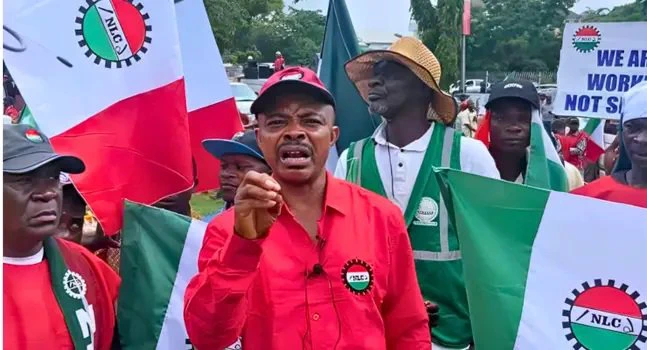

 Entertainment4 months ago
Entertainment4 months ago
 Politics4 months ago
Politics4 months ago
 Breaking News5 months ago
Breaking News5 months ago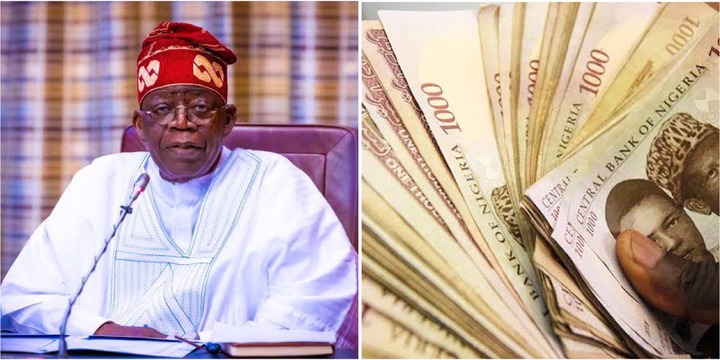
 Breaking News6 months ago
Breaking News6 months ago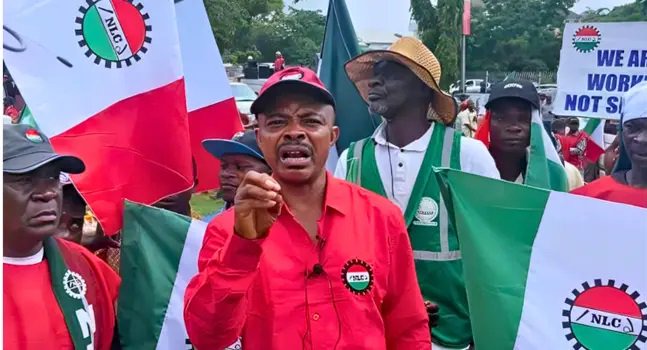
 Breaking News6 months ago
Breaking News6 months ago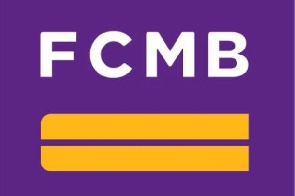
 Breaking News6 months ago
Breaking News6 months ago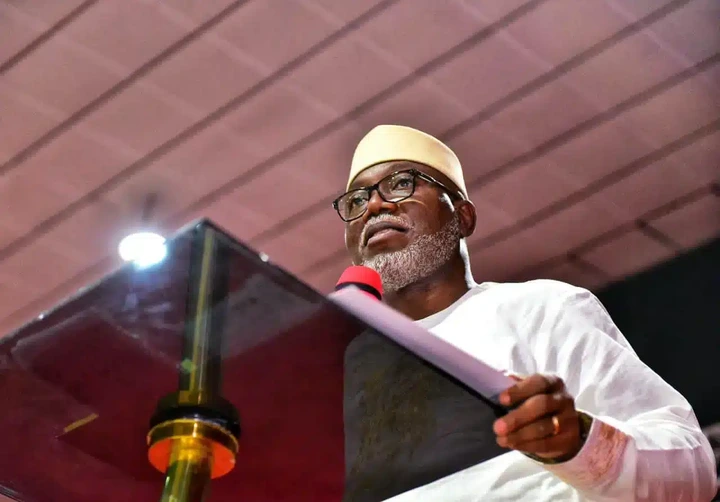
 Breaking News5 months ago
Breaking News5 months ago
 Breaking News5 months ago
Breaking News5 months ago

